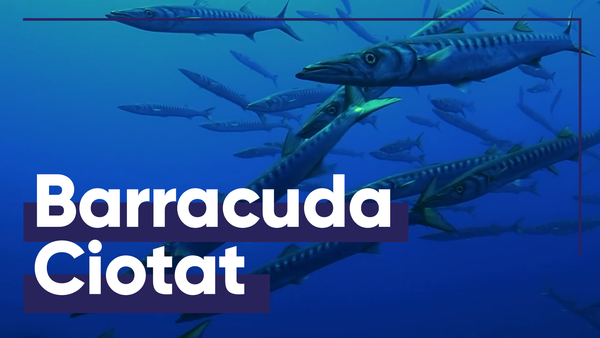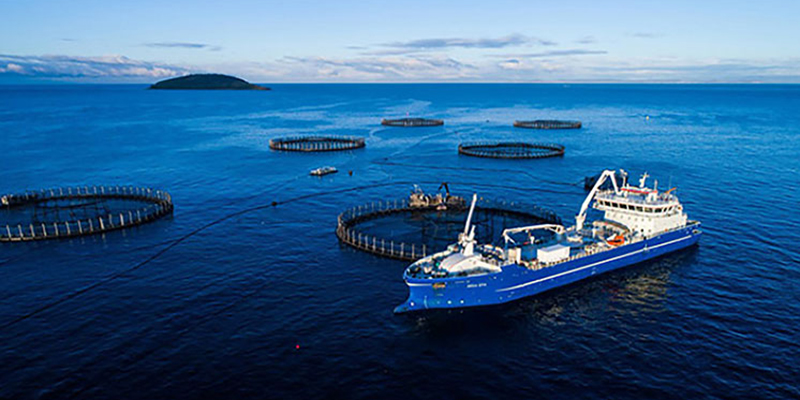In the report above, one witnesses an almost surreal sight. Hundreds of barracudas, far from the Red Sea or the Indian Ocean where this species thrives, swim off the coast of La Ciotat. To approach them, one must dive to a depth of 40 meters. With their sharp teeth, these predatory fish can measure up to two meters long. This tropical species, accustomed to warm seas but present in the eastern Mediterranean since the 1970s, is now visible on our coasts even in winter, and increasingly farther west.
« Tornadoes »
For « 4 or 5 years » now, divers in the region have been witnessing the spectacle of these slow « tornadoes, » with large schools swirling around, as they explain to TF1. They enter from the bottom of this vortex to admire the phenomenon from the inside. Local fishermen, both professionals and amateurs, are adapting and catching more and more barracudas. Even from the shore, near port areas, it has become easy to catch them.
Concerned swimmers
Although known for its tender flesh, sold for less than 15 euros per kilo, its presence near beaches is not necessarily well received by residents and tourists who are unfamiliar with it. « If there are a lot of them, for sure, I won’t go swimming, » confesses one lady. « Because they bite, they are dangerous, » asserts another, while a man wonders if they will « replace the sharks » and hopes not to encounter one.
Impressive but not aggressive
No barracuda attacks have been reported so far. While intimidating and equipped with an impressive jaw, it only hunts fish and marine invertebrates. Encounters with humans are extremely rare and not very dangerous. However, barracuda teeth can cause injuries when they feel threatened or cornered.
It seeks warm waters, and the Mediterranean Sea has risen by one degree in 30 years. Gradually arriving from the southern seas via the Suez Canal, opened in 1869, the barracuda initially confined itself to the eastern and southern coasts of the Mediterranean. It is only in the last fifty years, with global warming, that it has begun to explore the north, establishing itself notably in the Gulf of Genoa.
While not an immediate danger to humans, its presence could threaten local species of fish and octopuses, which it preys upon. As temperatures continue to rise, other tropical species have appeared in the Mediterranean and could disrupt ecosystems in the coming years.




